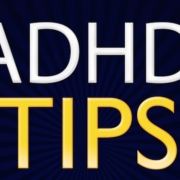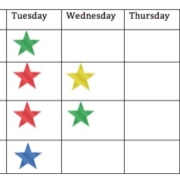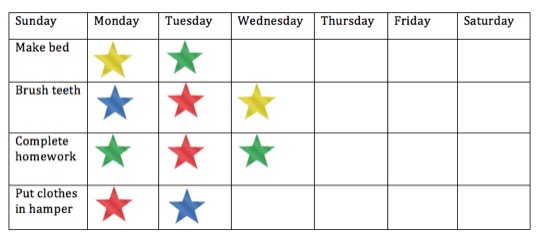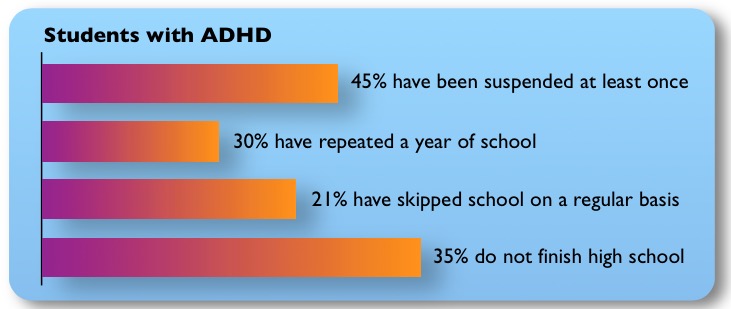White Noise to Improve Attention
Due to the belief that people with low dopamine levels may benefit from external stimulation in order to better concentrate and perform tasks, white noise was suggested to help children with ADHD perform better in school. Although, white noise may be distracting for people without ADHD, it may provide enough brain stimulation for people with ADHD to improve their functioning.
This idea was confirmed through a study of one boy in first grade who had ADHD. Instead of focusing on his schoolwork, his attention was often on verbal, motor, and passive off-task behaviors. Verbal off-task behavior includes talking when not permitted to or making sounds for the class to hear. Motor off-task behaviors include standing, walking around, or playing with school supplies. Passive off-task behaviors are the times that a person visually focuses on something other than the task at hand. Before the boy was prescribed medication and before he listened to white noise, his behavior was off-task for about 89% of the time. When he listened to white noise in class with headphones, his off-task behaviors decreased to about 62% of the time. Even better results occurred when he began taking ADHD medication and listened to white noise, which reduced his off-task behavior to only 45%.
Since the addition of white noise through headphones increased attention in this boy with ADHD, other children may likely benefit from white noise as well. The sound, not only, immediately reduced all types of off-task behavior, but it also led to improvements in writing and math assignments. Perhaps most importantly, the child agreed that the white noise was helpful and easy to use.
Contact Dr. Gordon for help with your ADHD. We have treatment and solutions available online, by phone, and in our offices.
written by: Brianna Malinowski, Jay Gordon, Ph.D
Cook, A., Johnson, C., & Bradley-Johnson, S. (2015). White noise to decrease problem behaviors in the classroom for a child with attention deficit hyperactivity disorder (ADHD). Child & Family Behavior Therapy, 37(1), 38-50. doi:10.1080/07317107.2015.1000234





